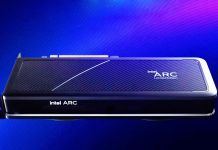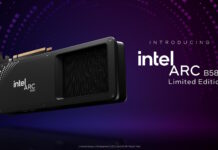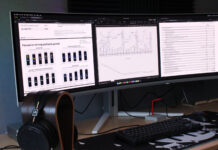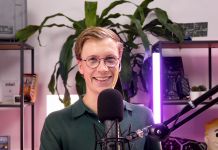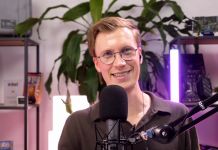We’ve earlier reported about the company D-Wave and its work with quantum computing. Its Orion quantum computer was presented last week in both California and Vancouver, Canada, and now arstechnica has published its report from one of the demonstrations. D-Wave didn’t have its quantum computer with it, but that is simply because Orion requires cooling close to 0 Kelvin to work. The cooling is liquid nitrogen for those who are curious. Even if these circumstances makes it commercially unfeasible there is great faith in the product and the fact is that it is not even faster than a conventional solution, but there are other things that bodes well for the future.
Its solution, which we’ve earlier discussed, is a very scalable structure and as today’s solution consists out of 16-qubit, future solution may consists out of up to 1024 qubits, I.e. 64 times more qubits. And D-Wave will be able to present such a solution in the middle of next year.
“The computer takes a problem and maps it to a pattern of qubits that correspond to the one that takes up the minimum amount of energy. The chip manipulates the qubits so that they start at a minimum energy that is easy to set and then changes their environment so that they end in a new minimum energy state that corresponds to the solution to the problem. The computer then reads out the state and presents the user with the answer.”
arstechnica does what they do best and dig into the technical aspects and have had a chat with professor Hans Hilgenkamp, an expert on quantum computing, about how D-Wave has managed to do this. D-Wave has namely been able to go further than anyone else. Previous solution have consisted of 2, perhaps 4, qubits at most and they’ve tried to control these to generate as correct answers as possible. D-Wave has instead went for more but less accurate qubits and then get the right answer by statistically analyzing the answers; the answer that appears the most times [after computing the same problem over and over] is the right one.
There is no verification of D-Wave’s system though, but the results it has presented through its demonstrations of molecule matching and seat placements was very impressive and a lot faster than any other solution.
Quantum computers are based on quantum mechanics though and this can perhaps be a bit tough for people to grasp but those who wants to know more should check out this introduction at Caltech.


